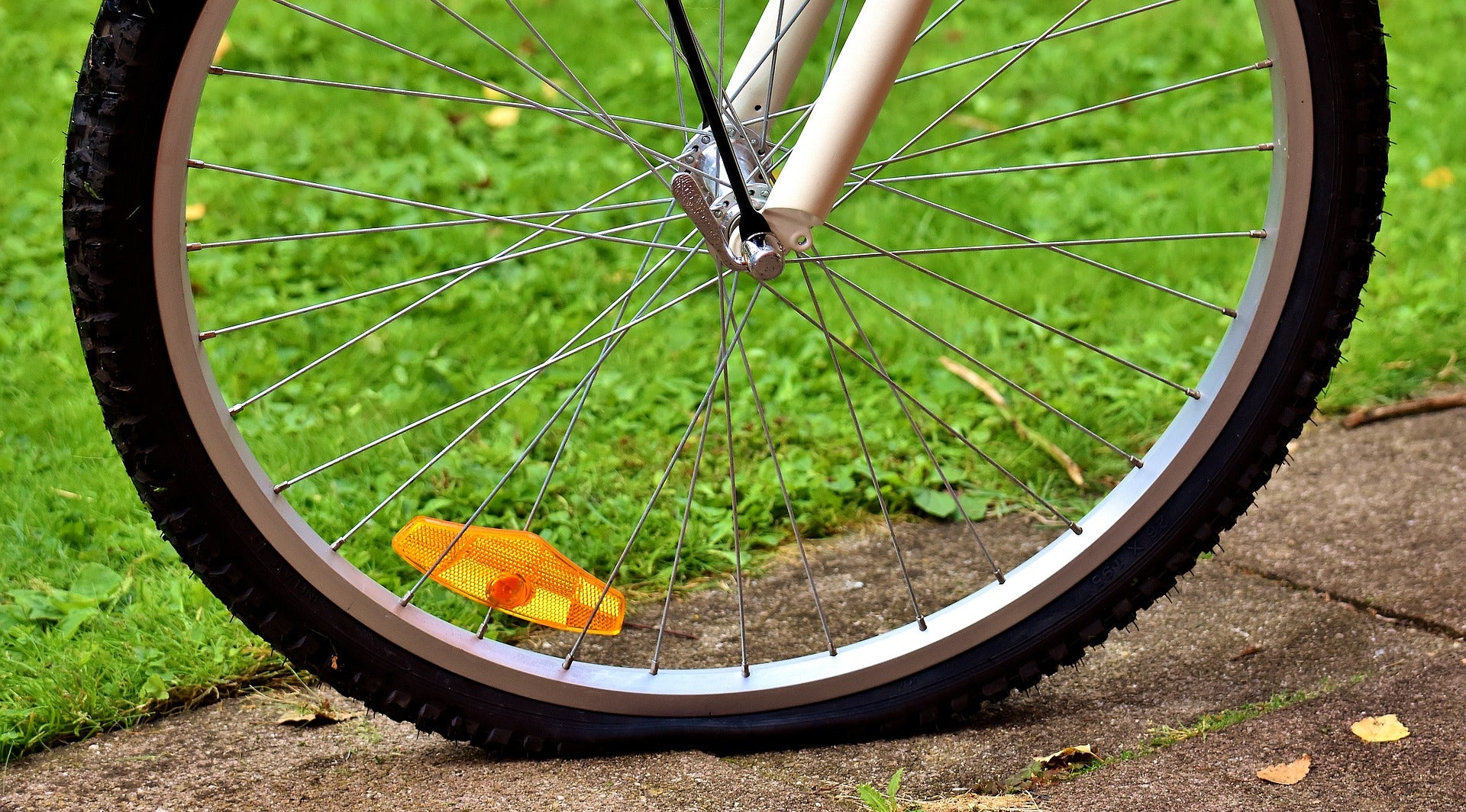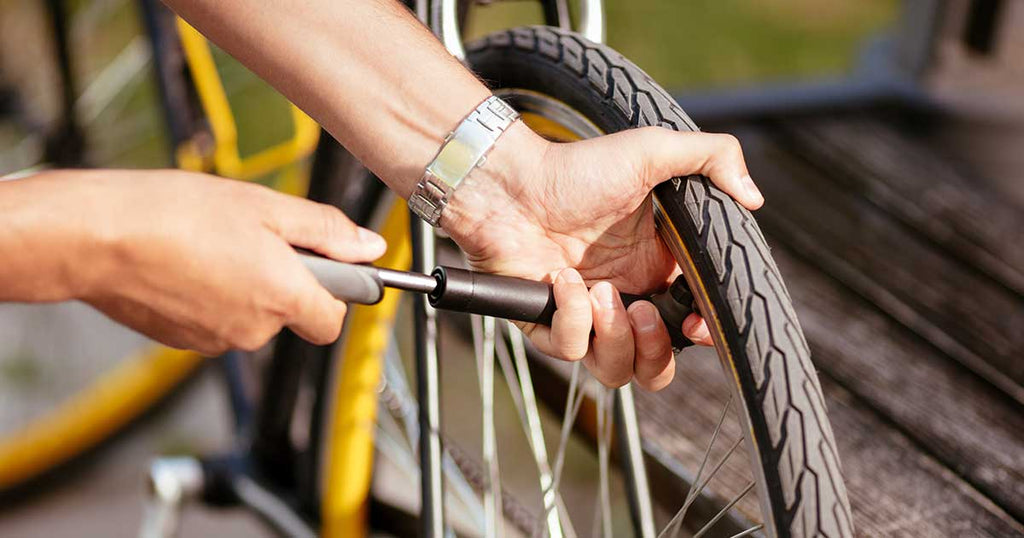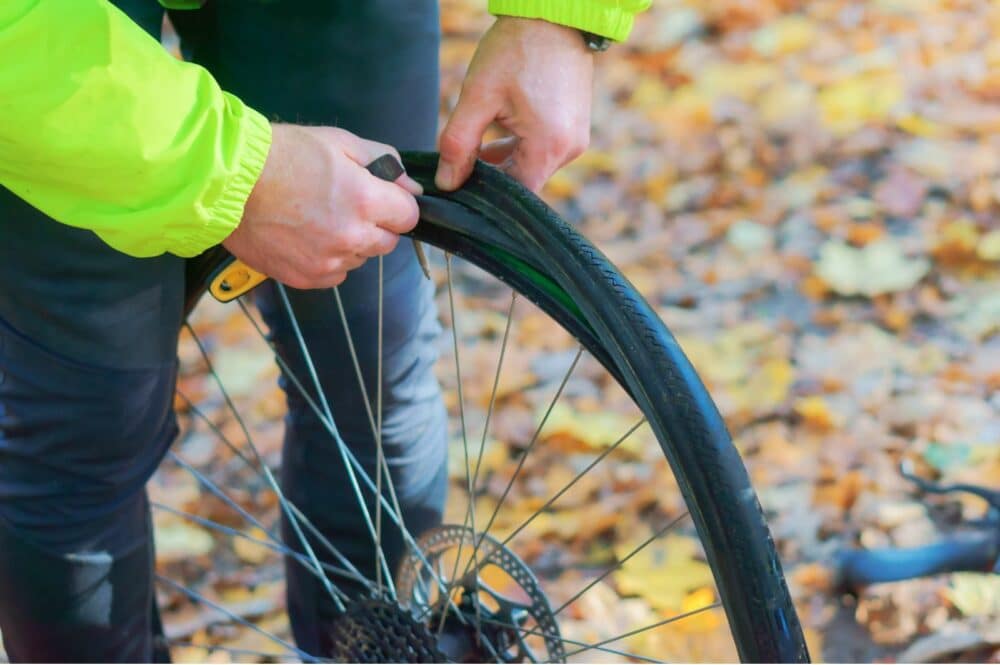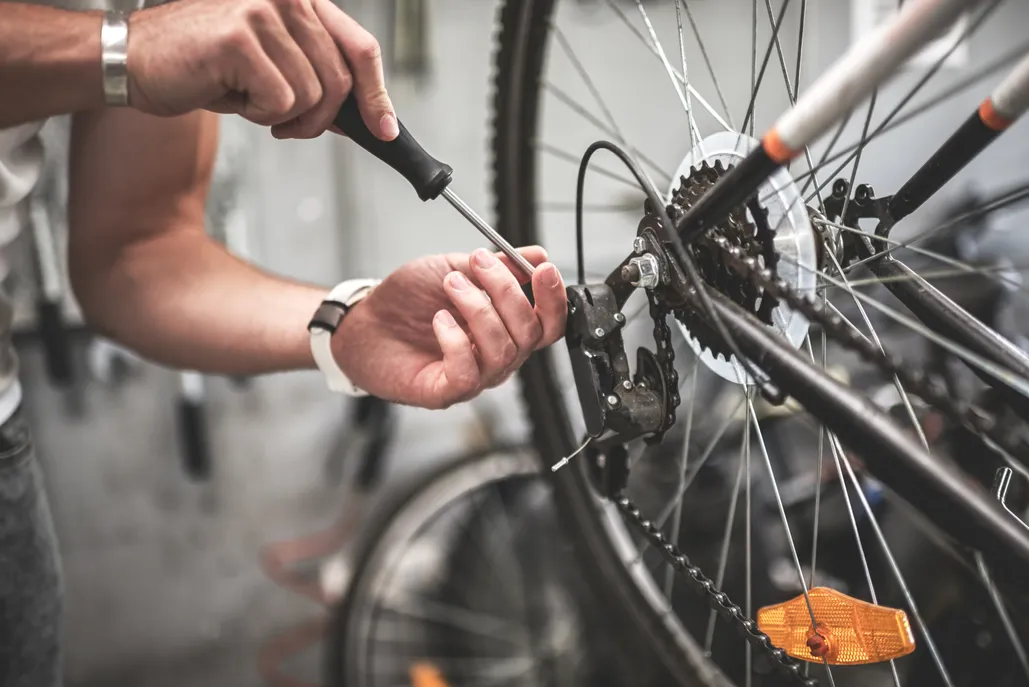Flat tires can be a cyclist's worst nightmare, interrupting rides and causing frustration. However, there are several proactive steps you can take to enhance your bike tires’ resistance to flats. Here’s a comprehensive guide on strategies to keep your tires rolling smoothly and minimize the risk of punctures.

1. Choose the Right Tires
Puncture-Resistant Tires
Invest in high-quality tires designed specifically for puncture resistance. Many brands offer tires with built-in puncture protection layers, often made from materials like Kevlar or thicker rubber compounds.
Tire Width
Wider tires can provide better stability and are less prone to pinch flats, especially on rough terrain. Evaluate the conditions you ride in to choose an appropriate width.

2. Maintain Proper Tire Pressure
Regular Inflation Checks
Ensure your tires are inflated to the manufacturer’s recommended pressure. Under-inflated tires are more susceptible to pinch flats, while over-inflated tires can burst more easily.
Use a Pressure Gauge
Invest in a quality pressure gauge to check your tire pressure regularly. This simple tool can help you maintain optimal tire pressure consistently.

3. Utilize Tire Liners
What Are Tire Liners?
Tire liners are protective strips that fit between the tire and the inner tube. They provide an additional layer of defense against sharp objects on the road.
Tannus tire inserts are innovative solutions designed to enhance puncture resistance and improve overall ride quality for cyclists. These lightweight foam inserts fit inside standard bicycle tires, providing a protective barrier against sharp objects while also reducing the risk of pinch flats. Tannus inserts offer additional benefits, such as improved shock absorption and enhanced stability, making them an excellent choice for both road and off-road biking. With easy installation and the ability to use them with traditional inner tubes, Tannus inserts are a practical option for cyclists looking to enhance their tire performance and enjoy a smoother ride.
Installation Tips
When installing tire liners, ensure they are fitted correctly to avoid any misalignment that could cause issues.

4. Consider Sealant
Using Tubeless Tires
If you're open to it, consider converting to tubeless tires. This setup uses a special sealant that can automatically seal small punctures, allowing you to ride without the risk of traditional tube flats.
Adding Sealant to Tubes
For traditional tires, you can also add liquid sealant into the inner tube. This can help seal small punctures as they occur.

5. Inspect Tires Regularly
Routine Checks
Make it a habit to inspect your tires for wear, embedded debris, or visible damage. Catching these issues early can save you from flats later.
Remove Debris
Check for sharp objects stuck in the tread, like glass or thorns, and remove them before they can cause a puncture.
6. Practice Smart Riding Techniques
Avoiding Hazardous Areas
Be mindful of your surroundings and avoid riding over broken glass, sharp rocks, or other debris whenever possible.
Control Your Speed
Going too fast over potholes or rough terrain can increase the risk of pinch flats. Maintain a steady pace, especially on uneven surfaces.

7. Choose Quality Inner Tubes
Thicker Tubes
Opt for thicker inner tubes designed to withstand punctures better. Look for tubes labeled as "puncture-resistant" for added durability.
Presta vs. Schrader
Choose the valve type that suits your bike and riding style, ensuring a secure fit to prevent air leaks.

8. Learn Basic Repair Skills
Being Prepared
Having the knowledge to fix a flat tire quickly can minimize the inconvenience of a flat. Carry a basic repair kit, including tire levers, a pump, and spare tubes.
Practice Makes Perfect
Familiarize yourself with the process of changing a flat tire so that you can handle it confidently when it happens.
While no solution is foolproof, these strategies can significantly reduce your risk of flat tires and enhance your overall cycling experience. By investing in quality tires, maintaining proper tire pressure, and being proactive about tire care, you can enjoy longer, uninterrupted rides. Whether you're a casual rider or a dedicated cyclist, these tips will help you stay on the road and off the sidelines. Happy cycling!
